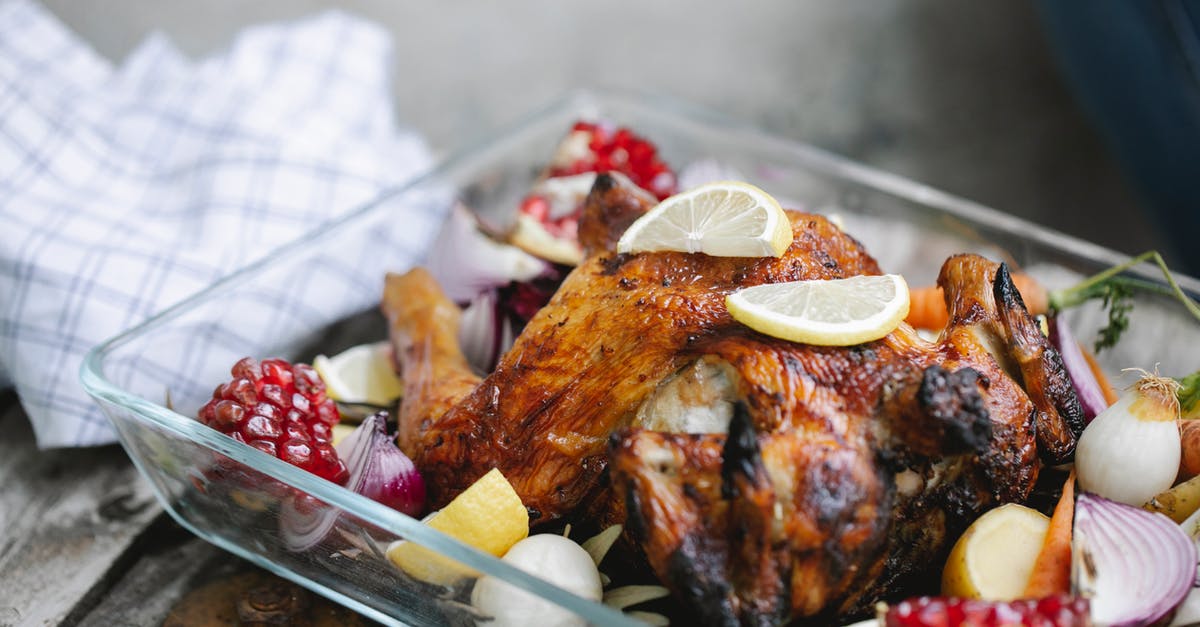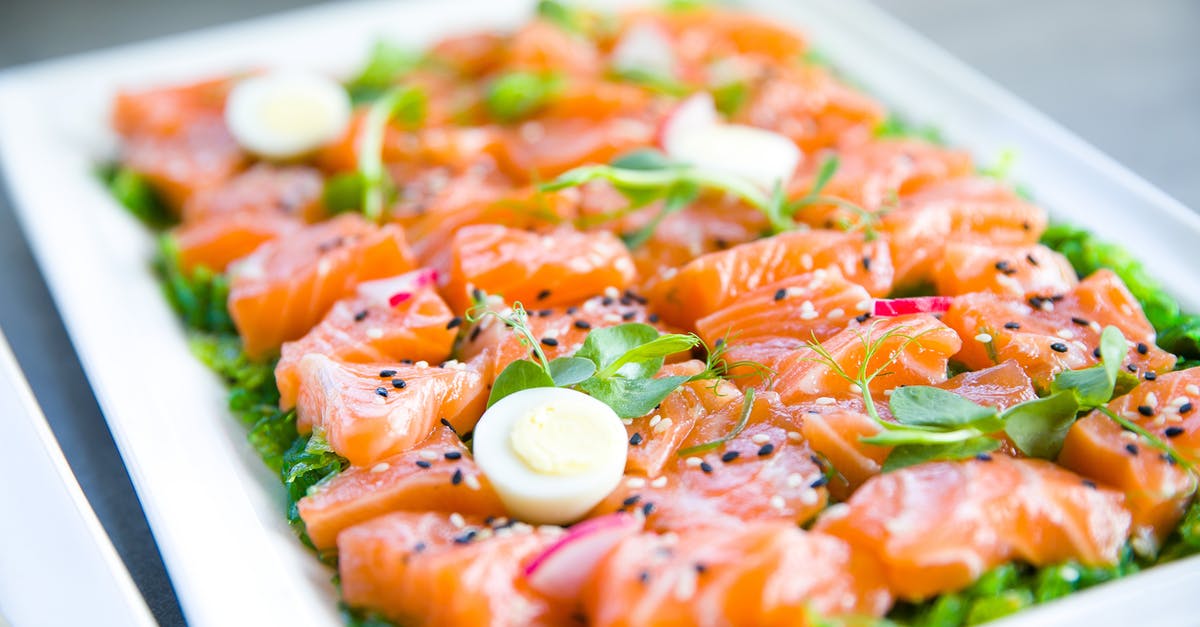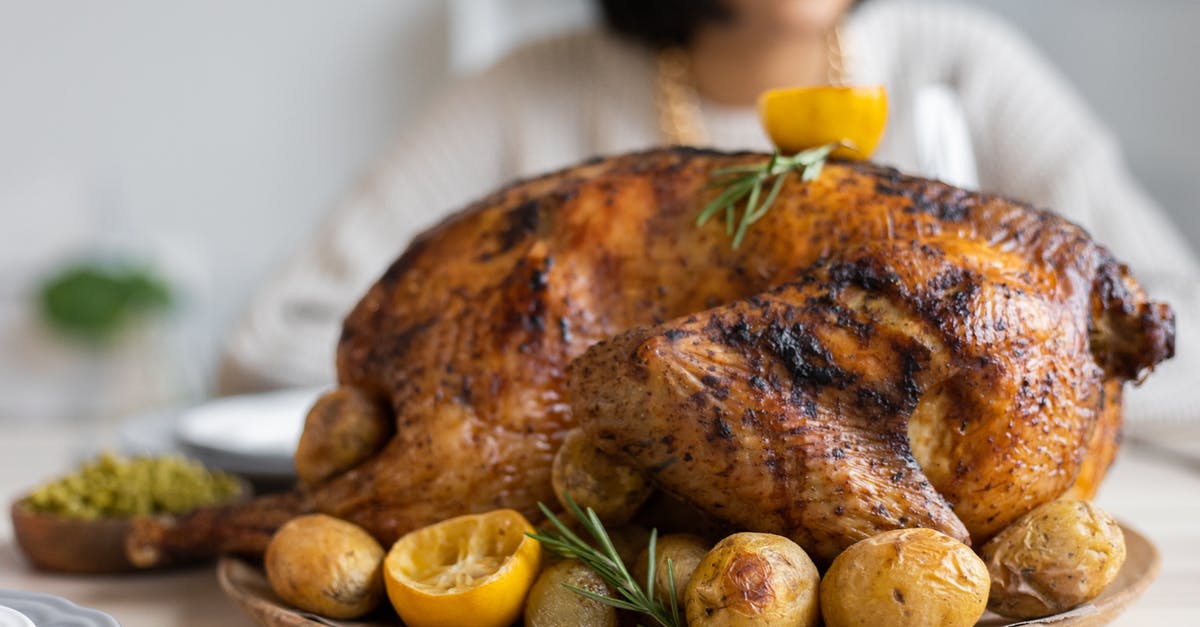What nutritional changes occur to vegetables when you roast them?

Quite often I can't 'stomach' veggies because I find them rather dull, but if I roast them (huge variety of types used) in oil and a pinch or three of sea salt, I can quite easily eat a very large portion of them.
But how for instance does potassium (veggies are a good source) get affected by roast heat?
How does roast heat affect their glycemix index?
Do any positive effects occur to vegetables' nutrition if exposed to high heat with oil?
After roasting, if I let them go cold in the fridge, does this increase their resistant starch? (Would it greatly depend on the type of veggie being roasted?) Thanks a lot for any thoughts.
Best Answer
1. The main nutrients destroyed by heating are vitamins from B complex and vitamin C (possible loss 50-70%). (NutritionData: Nutritional effects of food processing). The extent of this effect depends on the temperature, so roasting in oil can have more negative effect than cooking in water.
2. Minerals, such as potassium, are not destroyed by heating, but they can leak into the cooking water. So, boiled potatoes can have less potassium than roasted.
- Boiled potatoes, in skin (1/2 cup, 78 g): 296 mg (USDA.gov)
- Baked potatoes, in skin [should be similar to roasted, I couldn't find]: (80 g): 440 mg (USDA.gov)
A side note: sodium partially counteracts the effects of potassium in your body, so if you worry about potassium intake you may also worry about salt intake. (Advances in Nutrition)
3. Oil slows down stomach emptying thus slowing carbohydrate absorption and therefore lowering the glycemic index of a given roasted vegetable. Anyway, this sounds as overthinking to me. From the other viewpoint, roasted foods are heavier for the stomach, so they can increase the discomfort after meals.
4. Heating disinfects foods and makes them more digestible. I'm not aware that roasting in oil would be better in this regard than boiling in water. Roasted potatoes will retain more potassium than the boiled ones, but this alone is not already a "beneficial health effect." On the other hand you may consume more calories than intended vegetables roasted on oil.
5. Cooking, cooling and reheating can increase the amount of resistant starch in the food; this would, obviously, have a significant effect only in starchy vegetables (potatoes, red kidney beans, chickpeas) rather in greens (Nutrients Review). I have not found any reliable information about significant health benefits of resistant starches, anyway.
My conclusion:
I do not consider roasting healthier than cooking in water (boiling): more vitamins destroyed, heavier stomach after meals, greater unnecessary calorie intake from oil.
Pictures about "What nutritional changes occur to vegetables when you roast them?"



Quick Answer about "What nutritional changes occur to vegetables when you roast them?"
Many people think raw vegetables are more nutritious than cooked, but that's not the case. Cooking vegetables breaks down the plants' cell walls, releasing more of the nutrients bound to those cell walls. Cooked vegetables supply more antioxidants, including beta-carotene, lutein and lycopene, than they do when raw.Do vegetables lose nutrients when roasted?
Answer: No, you don't need to forgo roasted veggies because of high heat. The fact is that all forms of cooking can destroy some of the nutrients (such as vitamin C and B vitamins) in vegetables.What nutrients are affected by roasting?
Most vitamin losses are minimal with this cooking method, including vitamin C. However, due to long cooking times at high temperatures, the B vitamins in roasted meat may decline by as much as 40% (6). Roasting or baking does not have a significant effect on most vitamins and minerals, except for B vitamins.What happens when you roast vegetables?
Cooking vegetables does lower levels of some nutrients, especially water-soluble vitamins like C and some B vitamins. But it's a trade off, because cooking can also make some nutrients easier for the body to absorb.What are the benefits of roasting vegetables?
Roast vegetables at high temperatures such as 400-425 degrees for crisp textures. These veggies will maintain their heart-healthy fiber and vitamins and minerals for fighting disease.Why are a restaurant's vegetables so much better than homemade ones?
Sources: Stack Exchange - This article follows the attribution requirements of Stack Exchange and is licensed under CC BY-SA 3.0.
Images: Marianna, Tim Douglas, Marianna, Monstera
